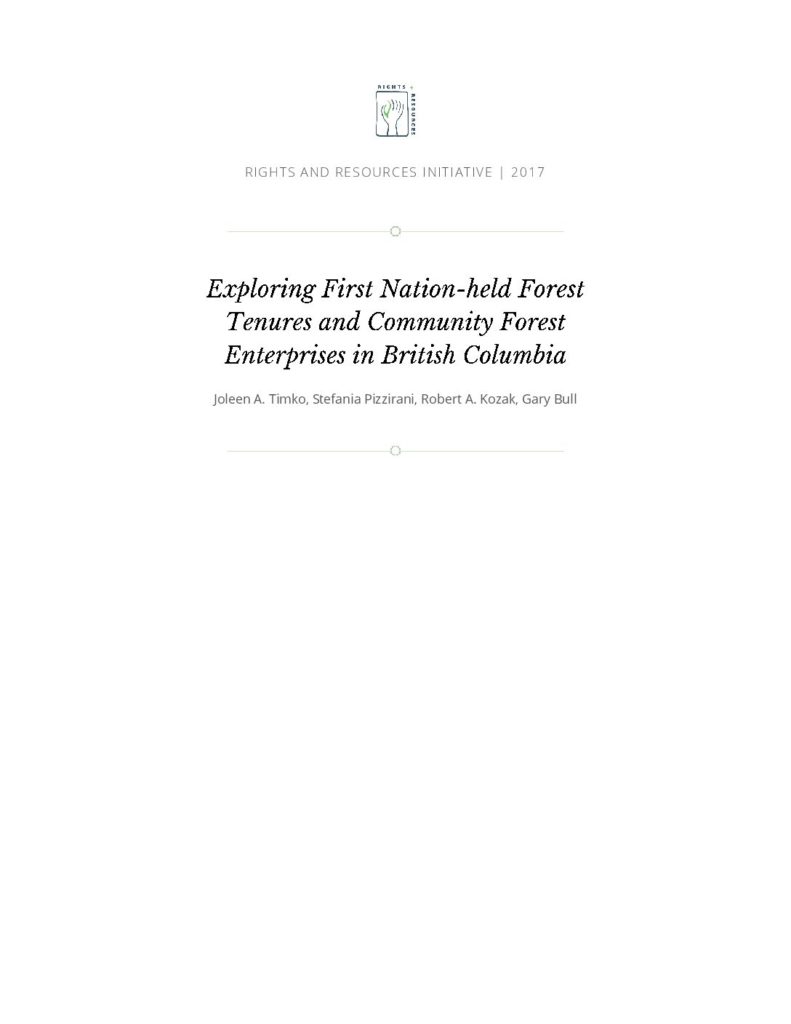This report represents two decades of working together across continents, cultures, and movements to build a more just and sustainable planet for Indigenous Peoples, local communities, and Afro-descendant Peoples—particularly the women and youth within them.
From August 19–22, 2024, public forest agency leaders within the MegaFlorestais network from some of the world's most forested countries met in the state of Pará in northcentral Brazil. They gathered to learn about ongoing forest management programs, progress and challenges of elevating the role of community-led conservation, preventing forest loss, and promoting restoration and reforestation around the world.
This report aims to influence the localization agenda and improve bilateral policies and practices to ensure that more direct, fit-for-purpose support reaches Indigenous Peoples, local communities, and Afro-descendant Peoples and their supporting organizations to secure tenure rights and conserve key ecosystems and biodiversity.
From June 26–30, 2023, public forest agency leaders within the MegaFlorestais network from some of the world's most forested countries met in Lake Tahoe, California for the first time since before the Covid-19 pandemic. They gathered to learn about ongoing forest management programs, share trends in forest policy, strengthen relationships, expand collective knowledge, and promote strategic innovation.
If properly leveraged, natural climate solutions can contribute over 37% of cost-effective CO2 mitigation by 2030. Evidence shows Indigenous Peoples and local communities are key to achieving such outcomes. This report presents the most comprehensive assessment to date of carbon storage in documented community lands worldwide.

At a Crossroads: Consequential Trends in Recognition of Community-Based Forest Tenure from 2002-2017
This analysis reports on trends in global forest tenure from 2002-2017. It is the fourth in a series of analyses monitoring the legal recognition of forest tenure around the world.
The purpose of this report is to situate existing knowledge on First Nation-held forestry tenures and community forest enterprises (CFEs) in British Columbia, Canada within a broader discussion about Indigenous and non-Indigenous community forests in Canada.


